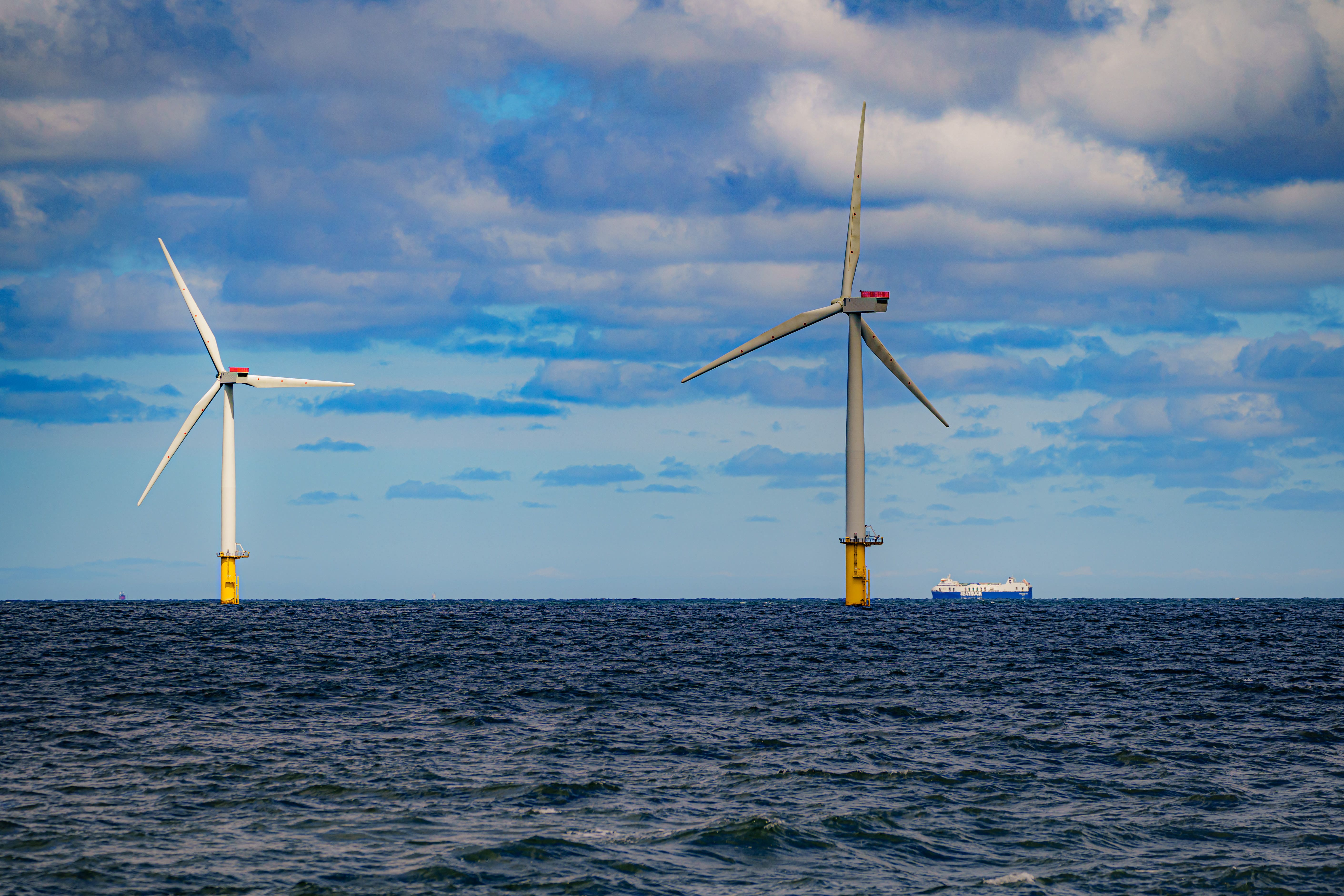Long-term plan needed to harness UK’s green industries, researchers say
The Institute for Public Policy Research said harnessing the UK’s advantage in green technologies could help reverse manufacturing decline.

Your support helps us to tell the story
From reproductive rights to climate change to Big Tech, The Independent is on the ground when the story is developing. Whether it's investigating the financials of Elon Musk's pro-Trump PAC or producing our latest documentary, 'The A Word', which shines a light on the American women fighting for reproductive rights, we know how important it is to parse out the facts from the messaging.
At such a critical moment in US history, we need reporters on the ground. Your donation allows us to keep sending journalists to speak to both sides of the story.
The Independent is trusted by Americans across the entire political spectrum. And unlike many other quality news outlets, we choose not to lock Americans out of our reporting and analysis with paywalls. We believe quality journalism should be available to everyone, paid for by those who can afford it.
Your support makes all the difference.The UK must harness its competitive advantage in green industries to reach net zero and reverse manufacturing decline, a report has said.
Research by the Institute for Public Policy Research (IPPR), a left-leaning think tank, revealed the UK is already a world-leading presence in making a third of the 143 products needed in technologies to deliver net zero.
Technologies where the UK has a strong existing base include electric trains and their parts, heat pump components, and turbines for geothermal or hydro electricity generation.
Devices for monitoring, measuring and analysing the electricity grid, renewable energy generation and decarbonising industry are also leading areas, the IPPR found.
It has urged the Government to adopt a long-term strategy aimed at harnessing these sectors, alongside kickstarting domestic manufacturing of things such as wind turbines, electric vehicles and heat pumps.
As well as meeting the UK’s net zero commitments, the IPPR claims this could boost the economy in left-behind regions of the UK, including the north and Midlands of England, and traditionally industrialised areas of Scotland and Wales.
But the think tank also warns against dismantling heavy industries such as steelmaking, as they are essential for the resilience of the UK economy amid worries about an increasingly volatile global situation.
The UK is set to lose one of its last blast furnaces for making virgin steel from iron ore, as Indian conglomerate Tata plans to transfer to a greener steelmaking process that relies on scrap metal at its Port Talbot plant.
Dr George Dibb, head of the IPPR’s centre for economic justice, said: “The UK faces three generational challenges: to deliver net zero, to level up and reinvigorate our economy, and to become more resilient to future shocks.
“These challenges have a common solution – seizing the growth opportunities of green manufacturing.
“Over the past 30 years we have slipped sharply behind our global competitors in the quantity and kinds of things we actually make.
Just as the first industrial revolution provided a step change, the accelerating pace of technological change... gives us a generational opportunity to do the same now
“That’s bad for jobs, for living standards, for our security – and for our long-term economic strength as a country.
“Yet UK manufacturers still have a competitive edge in making some of the products vital for a net zero economy, and with the right Government support we have the potential to be world leading in many more.
“Our report has identified what we should target to develop in the near future; now we need Government to adopt a long-term strategy that will lead us along this path.”
The IPPR’s plan won the backing of manufacturers’ organisation MakeUK and the Confederation of British Industry (CBI).
Stephen Phipson, chief executive of MakeUK, said: “Just as the first industrial revolution provided a step change, the accelerating pace of technological change of the fourth industrial revolution, in particular the drive to net zero, gives us a generational opportunity to do the same now.”
Rain Newton-Smith, chief executive of the CBI, said: “Green truly is the economic growth opportunity of the 21st century, with our research showing it could deliver as much as £57 billion to the UK economy.
“That’s something we can’t afford to miss out on, and our manufacturing sector is fundamental to helping us secure that prize.
“From electric vehicles to sustainable aviation fuel, turbines to onshore heat pumps, UK companies are already making and innovating for the future, with products and services that will drive the net zero transition at home and around the world.”